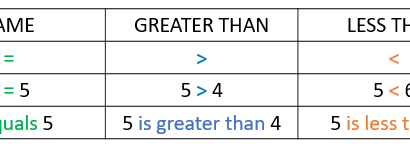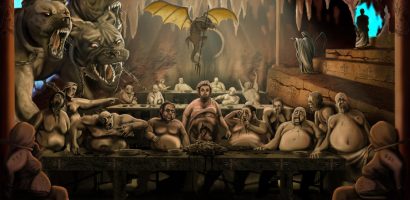Inherent Powers of President:- The president’s inherent powers are those that are not explicitly stated in the United States Constitution. Even though these abilities are not expressly said, they are sometimes required for the president to carry out their duties effectively. Some people have also expressed concerns that the president’s widely represented inherent powers are too broad.
The President and Congress have also used inherent powers throughout history. Particularly they do it in national emergencies when quick action is necessary. Alternatively, we also think of the intrinsic powers that Congress and the president require executing their jobs properly. They are reasonable powers. These are also a logical component of the powers granted to Congress and the president.

Inherent Powers of President Definition
The powers that Court can deduce from the Constitution are also the inherent powers. President George Washington announced the United States would remain neutral. This was in the 1793 conflict between France and Great Britain. This cited the president’s key role in foreign affairs under the Constitution. Presidents have also formed executive agreements with other nations. This is to conduct foreign affairs without Senate approval. The Supreme Court held that these accords were under the president’s inherent authority.
The president chooses a lot of things. We cannot share material generated within the executive branch with Congress or the courts under executive privilege. They also control the separation of powers. It is the necessity to preserve diplomatic and military secrets. The idea that the president’s allies should provide frank counsel is the reason for claiming executive privilege. Many presidents have used executive privilege. Bill Clinton also did it during the Monica Lewinsky affair. George Bush did during the inquiry into the dismissal of many federal prosecutors.
Records of the use of inherent powers
However, presidents have deployed American soldiers into battle. They have conflicted circumstances without legislative approval as commander in chief of the armed forces. The War Powers Act (1973) was in response to the Vietnam War. This also mandates the president to consult Congress and withdraw troops after 60 days. This is unless Congress expressly approves their deployment. In 2002, Congress approved the use of force in Iraq. As public opposition to the war increased, Congress found it impossible to persuade the president to alter course. It was impossible without shutting off financing for the war.
A president’s inherent powers enable him to respond to a crisis. Examples include Abraham Lincoln’s response to the Civil War. Franklin D. Roosevelt responded to the Great Depression and World War II. George W. Bush also responded to the September 11 terrorist attacks. Legislation can limit presidential acts based on inherent powers. However, the Supreme Court can rule them unconstitutional.
Delegation of powers
In the sphere of domestic policy, Congress has delegated authority to the executive branch. President Franklin D. Roosevelt requested and obtained unprecedented powers to do whatever he saw necessary to help the country recover from the Great Depression. The president and the executive branch now have extensive capabilities to address issues such as education, welfare, the environment, and, most recently, homeland security, thanks to creating new cabinet departments and federal agencies by Congress. Increasing presidential powers at the cost of Congress has been a tendency throughout the twentieth century.
Inherent Powers of President Examples
A sovereign state’s inherent powers are those that it possesses. The President of the United States draws these powers from the Constitution’s words. It also states that “the executive Power … be vested in a President” and that the president “takes care that the laws be faithfully executed”. It is defined in practice, rather than by constitutional or statutory law.
Therefore, Supreme Court judgement concerning Eugene V. Debs and labor unions was in review. Debs (president of the American Railway Union) participated in the Pullman Strike in 1894. And he successfully appealed the federal injunction forcing the strikers back to work.
They imposed the injunction due to the impediment to the transit of U.S. mail. On the other hand, Debs refused to call an end to the strike. He was also charged with contempt of court. Debs later challenged the judgment to the courts. The primary point of contention was whether the president had the authority to issue the injunction. This included interstate and intrastate trade and rail car shipment. The executive branch had never been given the power to the legislative branch.
Read Also: Amensalism: Examples & Definition
The court, on the other hand, found in favor of the U.S. government. Thus Government possessed the authority to control interstate trade. They could also oversee the Postal Service’s operations.
In the lack of either expressly stated authority under Article Two of the United States Constitution or statutory authority conferred on him by Congress. The president’s ability to confiscate private property is limited in this instance. Separating concurring opinions from court members made it difficult for the President. It discerned the specifics and limitations of the president’s ability to confiscate private property in crises.
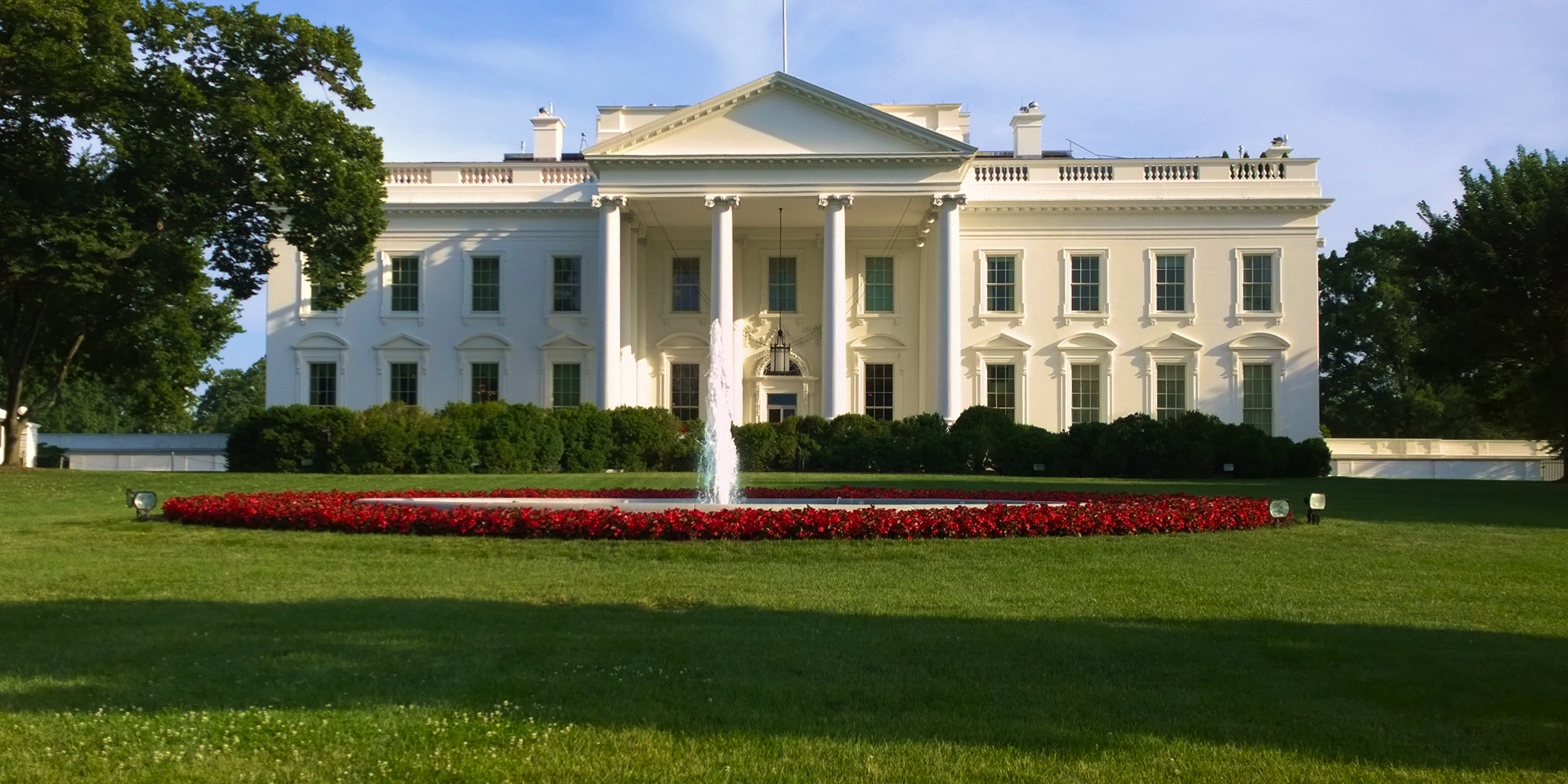
Inherent Powers of President Quizlet
President George Washington
Many presidential traditions were established by him. He notably restricted a president’s term to two terms. He was in anti-political parties. George worked to achieve political balance in government. He put political foes in positions of power.
Enumerated powers
These are Powers granted to the federal government by the Constitution. For Congress, these powers are specified in Article I. This includes the authority to mint money. Congress can also control its value, and levy taxes.
- They have powers to appoint ambassadors. President also holds power on other public ministers and consuls, judges, and any other U.S. officers.
- They can nominate people who aren’t otherwise provided for. This needs to be done with Senate advice and approval.
- They are commander in chief of the military,
- Having power to pardon, suggest legislation. Can welcome ambassadors, state of the union speech.
- The president can postpone Congress.
- They obtain written views of administrative authorities. They also fill executive vacancies during legislative break.
Inherent powers
The Supreme Court has decided that the national government’s powers. The international affairs are not based on constitutional provisions. These rather arise from the federal government’s mere existence.
Presidential powers
- President oversees the executive branch
- They are the military leader and chief.
- They signs treaties.
- Appoints Government Officials.
- They can perform Vetoes Legislation.
- Grant pardons to those who have been convicted of crimes.
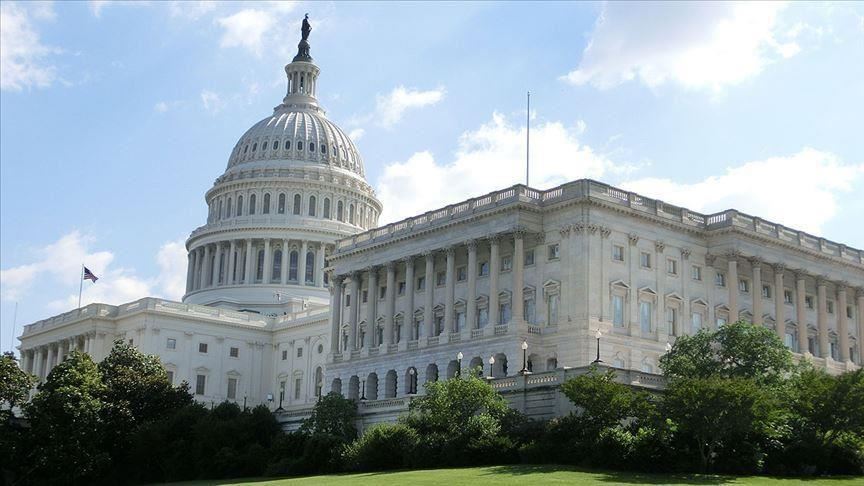
Inherent Powers of President in the Constitution:
The power of Treaty
The president has the power to enter into accords with foreign countries. However, these official international agreements do not take force until the Senate ratifies them by a two-thirds majority. Therefore, most treaties are frequently popular. But the Senate rejected the Treaty of Versailles (1919). This also concluded World War I. President Woodrow Wilson was the one to write it. More recently, the SALT II Treaty on weapons limitation got out via President Jimmy Carter (1979).
The power to Appoint
The president appoints many individuals to various positions in the government. The most significant of which are ambassadors. They are the members of the Supreme Court and federal courts, and cabinet secretaries. More than 2,000 of these jobs require Senate confirmation (approval) under the Constitution’s “advice and consent” clause. Like the one for Clarence Thomas, President George H. W. Bush’s Supreme Court candidate, confirmation hearings may be contentious. Appointments to ambassadorships are often a reward for long-term loyalty to the president’s political party. This could also be about significant campaign contributions. Such charges are patronage.
Legislative powers
The president has the power to introduce laws. In his State of the Union speech to a joint session of Congress each January, the president generally lays out the administration’s legislative agenda. The veto authority of the president is an essential check on Congress. If the president rejects a measure, a veto override requires a two-thirds vote of both chambers, which is difficult to achieve.
Other Powers
The House and Senate may not agree on a final date. The president can call Congress into a special session and adjourn Congress. The president also has the authority to issue pardons for federal offenses. Court pardoned former President Richard Nixon for whatever crimes he may have committed. This was also while in office by President Gerald Ford. He could do so because Nixon resigned before impeachment proceedings were filed.
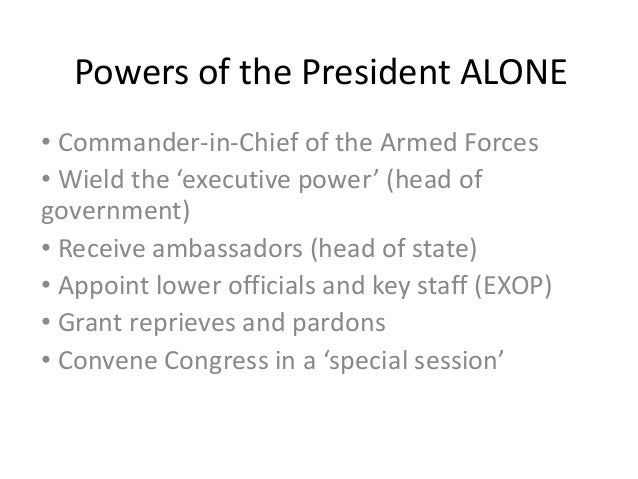
Inherent Powers of President most likely to Expand
What level of authority should the president have? On the one hand, a strong executive allows for swift and decisive action. Which is critical when dealing with current events? On the other hand, the president cannot acquire too much authority. Congress and the general public may not hold them accountable.
In the sphere of domestic policy, Congress has delegated authority to the executive branch. President Franklin D. Roosevelt requested and obtained unprecedented powers to do whatever he saw necessary to help the country recover from the Great Depression. The president and the executive branch now have extensive capabilities. This can address issues such as education, welfare, the environment, and, most recently, homeland security. It happened with the creation of new cabinet departments and federal agencies by Congress. Increasing presidential powers at the cost of Congress has been a tendency throughout the twentieth century.


